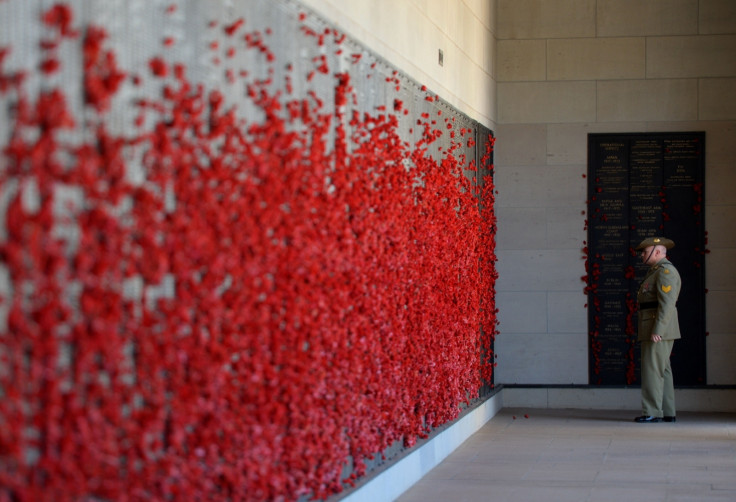Brisbane war memorial vandalism accused says he had God's permission
James Dowling said: "Its blasphemy to allow a sword to be placed on a Christian cross."

A man accused of removing a sword from a stone crucifix from one of Brisbane's most respected war memorials said he had a "higher permission" to do so.
On Wednesday (19 July), the Brisbane magistrates court heard that James Joseph Dowling, 61, and his son Franz Dowling and co-accused Andrew William Paine and Tim Webb went to the Toowong cemetery with a mallet, anvil and ladder and vandalised the monument on Ash Wednesday.
"Its blasphemy to allow a sword to be placed on a Christian cross. We felt we were called by God to make a strong statement when we saw that blasphemy," Dowling told the police in an interview on 2 March, a day after allegedly damaging the memorial.
Dowling allegedly admitted to removing the brass sword using a crowbar, but he and the three other men have pleaded not guilty to willfully damaging the Cross of Sacrifice.
The idea of removing the sword from the cross and beating it into a hoe came up a month before its removal at an event to commemorate voters rejecting conscription, Dowling said.
The men left two documents behind, one titled "The early church on war" and the other "Beat swords into ploughshares" - a sentiment from the book of Isaiah 2:4. It states, "And he shall judge among the nations, and shall rebuke many people: and they shall beat their swords into plowshares, and their spears into pruninghooks: nation shall not lift up sword against nation, neither shall they learn war any more."
Dowling also left his name and number at the bottom of the documents.
"We don't think we damaged that cross. We think the damage was when the sword was put on the cross; that's the wilful damage," Dowling said.
He said that what he had done might be illegal, but if he didn't remove the sword from the cross he would be committing a sin.
Supporters outside the court in George Street, some of them barefoot, held placards supporting the four. This forced Ray Rinaudo, Queensland's chief magistrate, to shift the hearing to a bigger court.
Four Catholic worker movement activists front court for removing sword from an historic cross in a BRISBANE war memorial #peace pic.twitter.com/1VsmAkMtnU
— Mark Bowling (@RunningAmokMark) July 19, 2017
© Copyright IBTimes 2024. All rights reserved.





